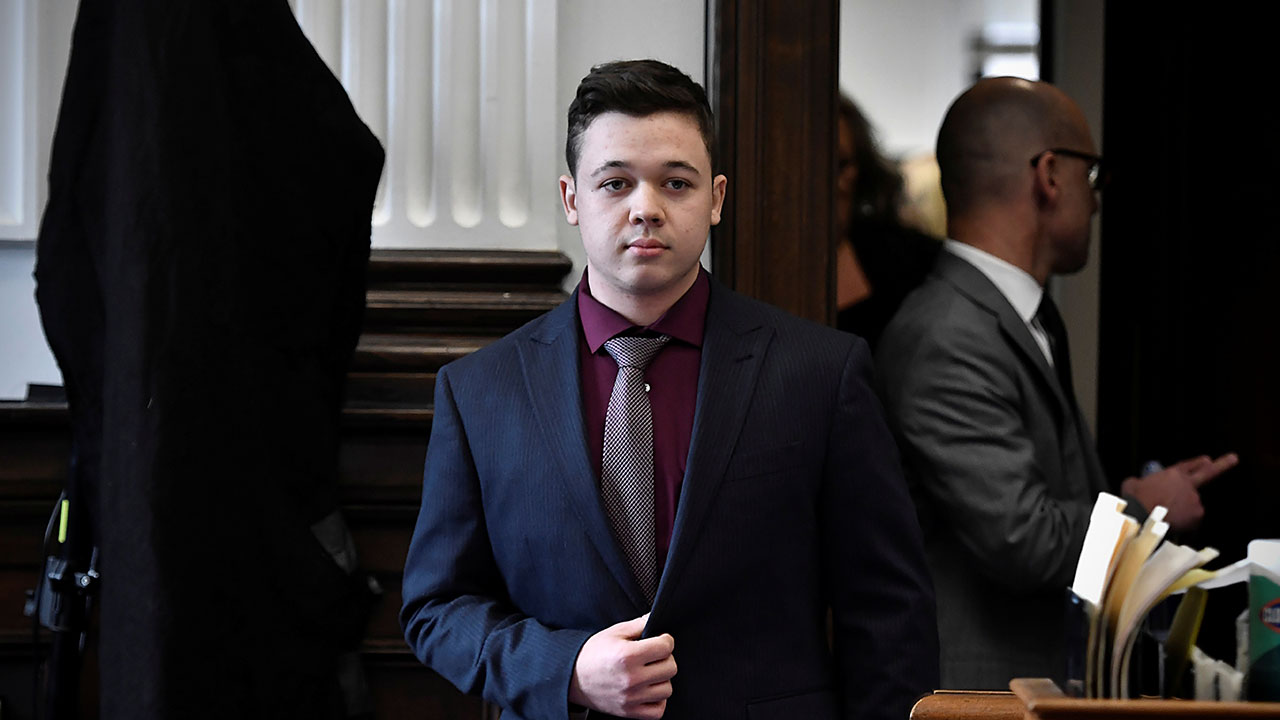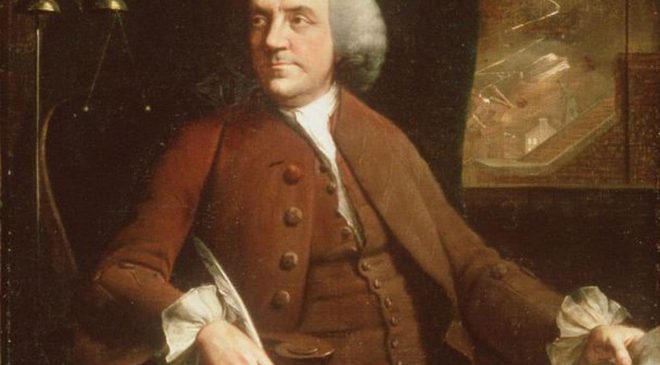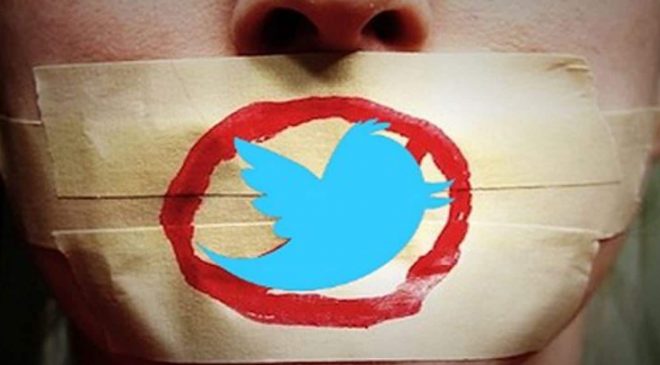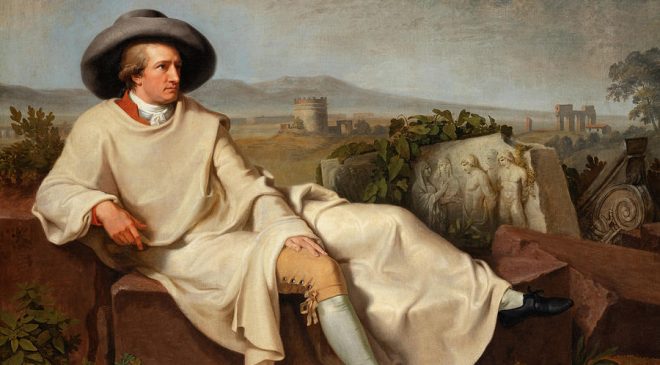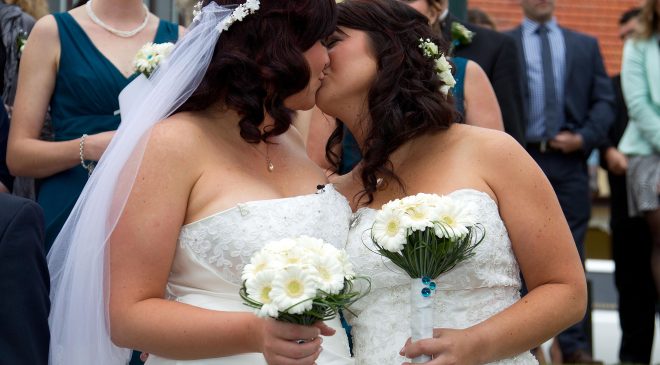On November 19, a Wisconsin jury acquitted Kyle Rittenhouse on various charges related to the shootings of three people (two fatally) during an August night of “unrest” (that is, a protest turned riot) in Kenosha.
I expected to see, and did see, a diverse set of reactions to the verdict on my (also diverse) social media feeds. The reactions broke down into three overall groupings.
Group 1: Rittenhouse was a hero who stood forth to protect private property and was entirely justified in shooting three evil-doers who assaulted him with intent to kill, or at least do grievous bodily harm, to him. His acquittal is an affirmation of truth, justice, and the American way.
Group 2: Rittenhouse was a white supremacist slime-ball who showed up wanting to shoot people and ended up manufacturing reasons to do so. His acquittal is proof that truth and justice don’t matter, and that “the American way” is really just a tradition of legal privilege and protection for white right-wingers.
Group 3: Rittenhouse was a 17-year-old who made an unwise decision (as 17-year-olds will do) to show up to a riot, but who nonetheless had the right to act in self-defense when others made the even more unwise decision to violently assault him.
I’m in Group 3.
I didn’t and don’t know Kyle Rittenhouse’s full state of mind at any point in the incident. Presumably no one but Rittenhouse himself does. But the available evidence indicates that he defended himself in the face of plausible threats of death or grievous bodily harm.
That’s not what a jury of 12 concluded in acquitting him. What the jury (and anyone who paid attention to the trial) concluded was that the prosecution didn’t prove its case beyond a reasonable doubt. There’s a difference.
Group 4 (which includes all sensible members of the other three) says “I don’t like ANY of this.”
I hate that police shot Jacob Blake. That’s not a judgment of whether or not the police HAD to shoot him. Whether they had to or not, it wasn’t a good thing.
I hate that the protests over the shooting turned into a riot. The violence and destruction didn’t cause Jacob Blake to magically become un-shot nor did it make his shooting any more, or any less, justifiable.
I hate that a 17-year-old made the unwise decision to show up to a riot. I’m glad he survived the experience, and hope he learned something from it, but all in all I’d rather have never heard his name.
I hate that grandstanding prosecutor Thomas Binger decided to interrupt the lives of Kyle Rittenhouse and 12 jurors, forcing them to sit through his incompetent delivery of an incredibly weak case.
The “not guilty” verdict seems just, but it really just makes the best of a terrible, and at multiple points avoidable, situation.
If there’s any good takeaway from this incident at all, it’s the possibility that lives will be saved as future protesters pause for careful thought and consideration before attacking armed opponents who haven’t attacked them.
